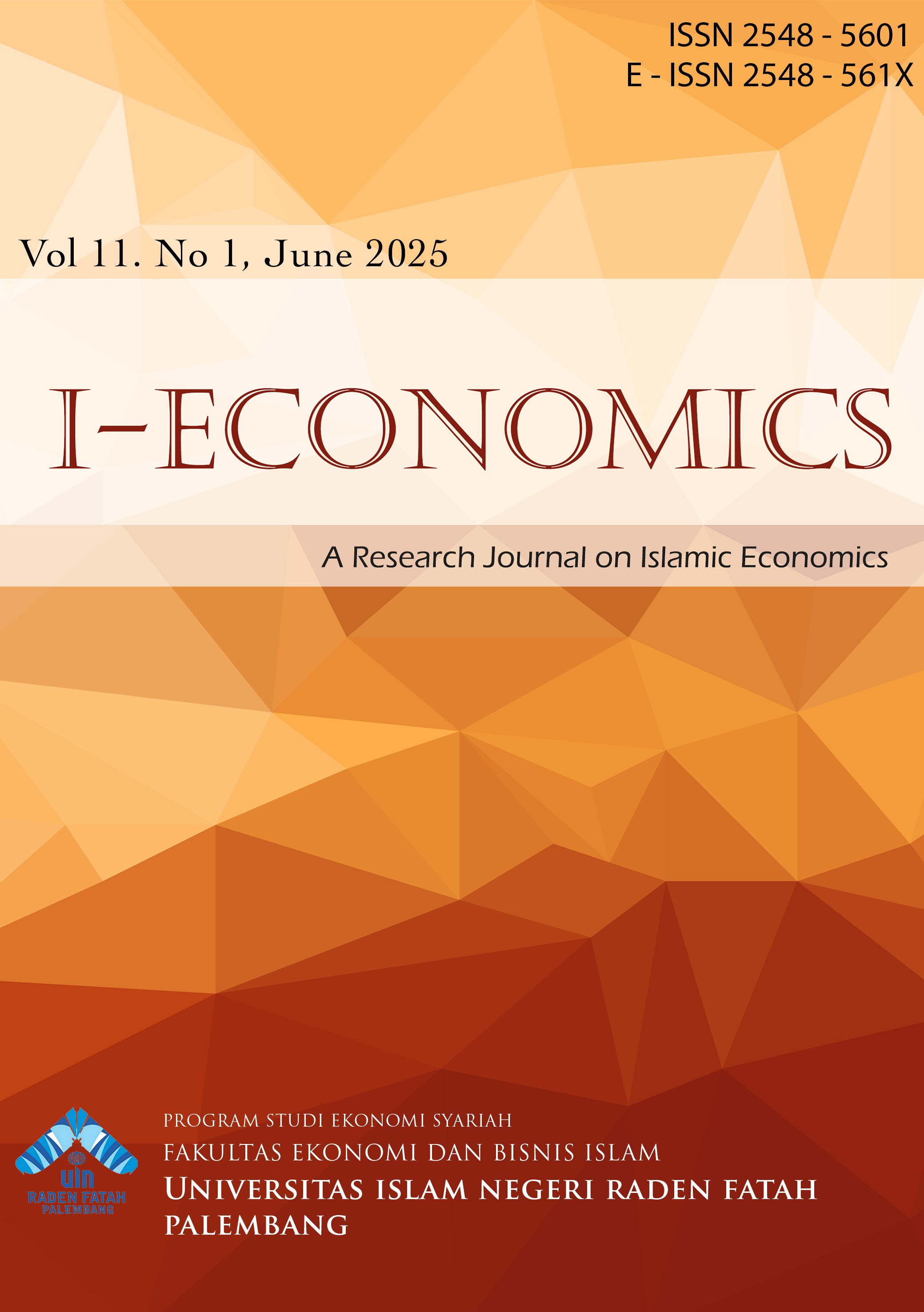ISLAMIC ECONOMIC ANALYSIS OF THE PUNGGAWA-SAWI REVENUE SHARING SYSTEM IN IMPROVING FISHERMEN WELFARE
Main Article Content
Abstract
The objectives to be achieved in this study are: 1) How to apply fishery revenue sharing between retainers and mustard greens to fishermen in Pajukukang District, Bantaeng Regency; 2) What is the form of the production sharing contract for the fishery of the mustard greens in the welfare of fishermen in Pajukukang District, Bantaeng Regency from an Islamic economic perspective? The research method is a descriptive field research that is analyzed qualitatively by taking research objects in Pa'jukukang District, Bantaeng Regency, South Sulawesi Province. The objects chosen are Punggawa and Sawi in Pa'jukukang District, Bantaeng Regency. The approaches used are the normative theological approach (syar'i), the phenomenological approach, and the sociological approach. The data collection techniques used are: Observation, interviews and documentation. Data analysis techniques are: data reduction, data presentation and conclusion drawn. The results of the study show that: 1) The implementation of the fishery revenue sharing system between retainers and mustard greens in Pajukuang District, Bantaeng Regency, has a significant role in improving the welfare of fishermen. The revenue sharing scheme implemented is generally based on deliberation, with a proportion that has been mutually agreed between the retainers as capital owners and mustard greens as fishermen. However, in practice, there is still inequality that tends to be more beneficial to the retainers than mustard; 2) From the perspective of Islamic economics, this profit-sharing system is in line with the concepts of shirkah and mudharabah which emphasize justice, transparency, and the sharing of risks and benefits. However, in practice, there are still discrepancies, especially in the aspects of fairness in the distribution of profits and the protection of fishermen's welfare. This finding can be a reference for academics in developing the theory of sharia-based economic partnerships in the fisheries sector as well as expanding the study of the practice of shirkah and mudharabah in the economy of the fishing community
Downloads
Article Details

This work is licensed under a Creative Commons Attribution-ShareAlike 4.0 International License.

I-ECONOMICS: A Research Journal on Islamic Economics by http://jurnal.radenfatah.ac.id/index.php/ieconomics is licensed under a Creative Commons Attribution-ShareAlike 4.0 International License.


